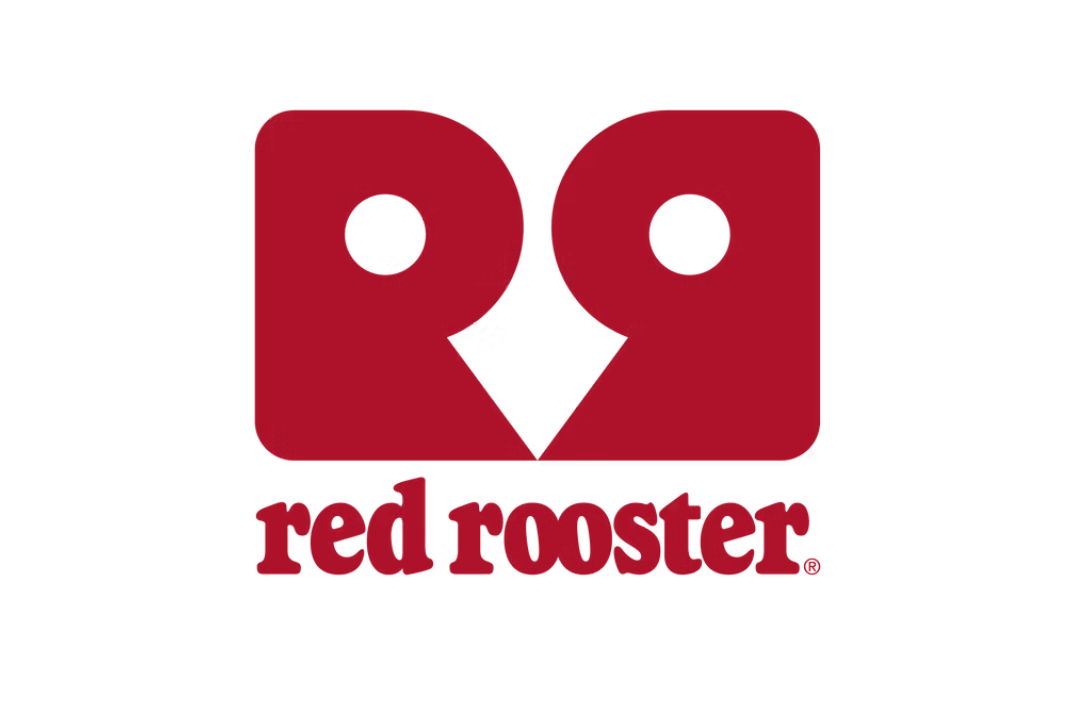Franchising has become a popular path to business ownership in Australia, appealing to individuals who want to run their own enterprise while leveraging the support and brand recognition of an established company. With thousands of franchise systems operating across diverse industries—from food and retail to health, education, and home services—the franchise model offers a seemingly low-risk entry into the business world. But the critical question remains: are franchises truly a good investment in Australia? The answer depends on various factors, including the franchise model, industry sector, personal effort, and market conditions.
Understanding the Franchise Model
A franchise is a legal and commercial relationship between the owner of a trademark, brand, or business model (the franchisor) and an individual or group (the franchisee) who pays to use that system to operate their own business. In return for upfront fees and ongoing royalties, franchisees gain access to a tried-and-tested operational framework, training, marketing support, and sometimes even customer leads. This arrangement reduces some of the uncertainties involved in launching a new business, making franchising an attractive option for aspiring entrepreneurs.
In Australia, the franchise industry is significant, with thousands of franchised businesses contributing billions to the national economy each year. Regulatory frameworks such as the Franchising Code of Conduct offer legal protections and transparency, making the Australian franchise environment relatively well-regulated compared to other countries.
Potential Returns and Financial Considerations
Franchises can generate solid returns, but they also come with financial risks. The initial investment can range from as little as $10,000 for a small home-based service franchise to well over $1 million for a high-profile food chain. In addition to the startup costs, franchisees typically pay ongoing royalties and marketing fees, which can impact overall profitability.
Income levels vary widely across industries and individual franchises. A well-run franchise in a prime location can be highly profitable, but others may struggle to break even. The success of a franchise often depends not only on the strength of the brand but also on the franchisee’s dedication, business skills, and the local market.
While some franchises offer a clear path to profitability within a few years, others may take longer or never reach expected returns. That said, compared to independent startups, franchises often offer a faster route to cash flow due to built-in brand awareness and operational guidance.
Benefits of Franchise Ownership
One of the most compelling benefits of franchising is the reduced risk compared to starting a business from scratch. Franchisees benefit from the experience and support of the franchisor, including training, established supply chains, and a proven business model. This level of support can be invaluable for those new to business.
Franchises also typically enjoy higher rates of customer trust, thanks to their brand recognition. This can lead to quicker customer acquisition and easier access to financing, as lenders may view franchises as lower-risk ventures compared to independent businesses.
Moreover, franchisees often become part of a larger network of business owners, which can offer a sense of community and ongoing support through shared best practices and collaboration.
Challenges and Risks
Despite the benefits, franchising is not without its challenges. Some franchisees discover that the level of autonomy is lower than expected, with strict operational guidelines that must be followed. These constraints can limit creativity and adaptability.
Additionally, poor performance by other franchisees or negative publicity involving the franchisor can affect an individual franchise’s reputation, even if the local business is well-run. Market saturation is another concern, especially in popular industries like fast food, where too many locations can reduce profitability.
Furthermore, not all franchise systems are well-managed. Some franchisors may offer inadequate support or have unrealistic expectations for sales and profitability, leading to disappointment and financial strain.
Conclusion
Franchises can be a good investment in Australia, but they are not a guaranteed path to success. They offer a structured business model, brand recognition, and support that can reduce startup risk and accelerate growth. However, like any investment, they require due diligence, hard work, and realistic expectations. Prospective franchisees must carefully assess the franchise system, industry outlook, and their own skills and resources before making a commitment. With the right combination of factors, a franchise can offer not only a solid return on investment but also a fulfilling journey into entrepreneurship.









